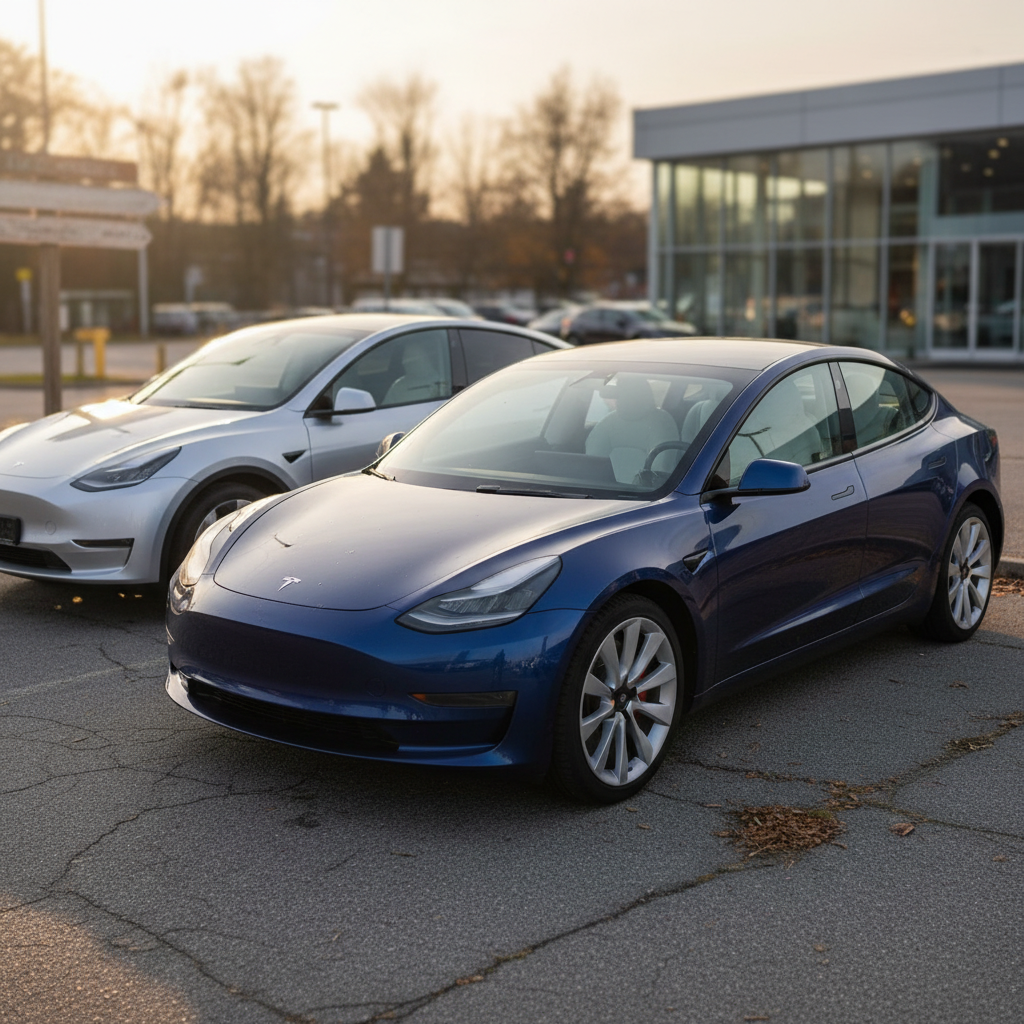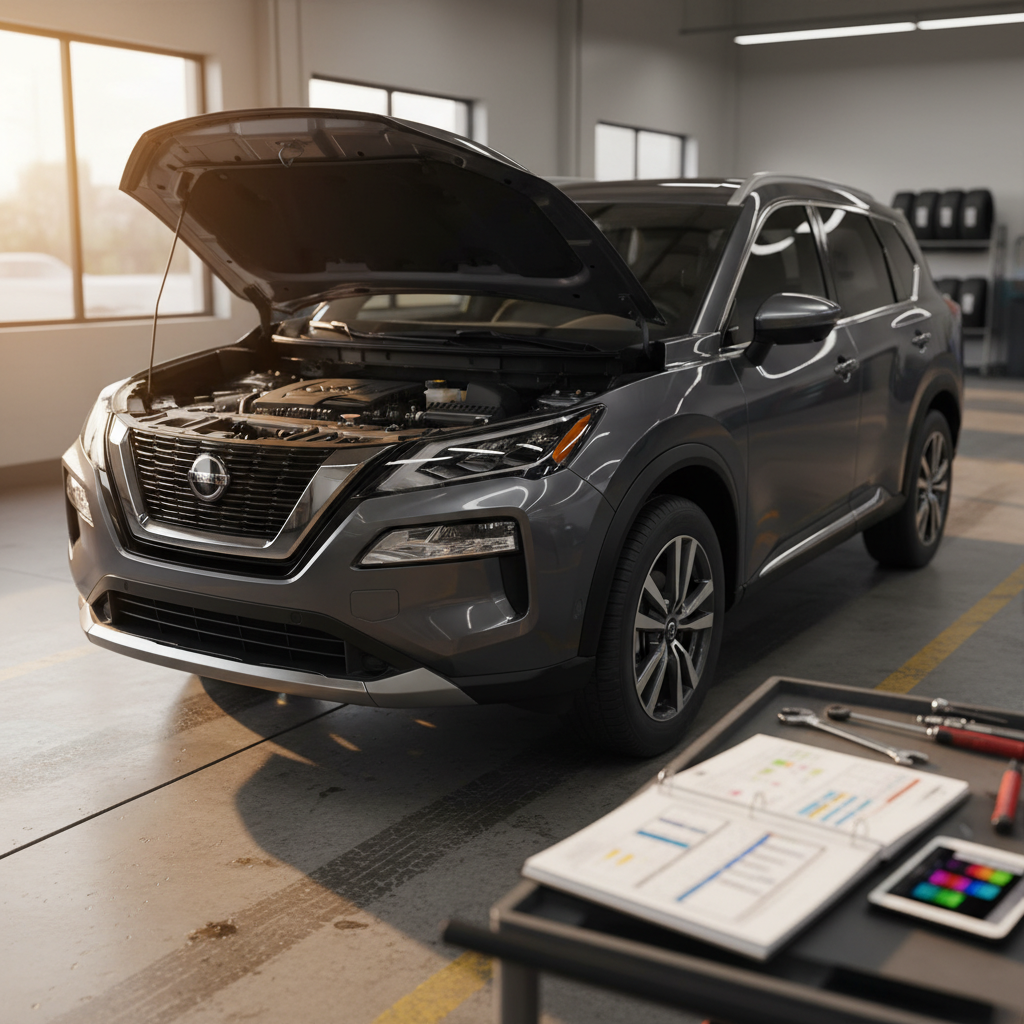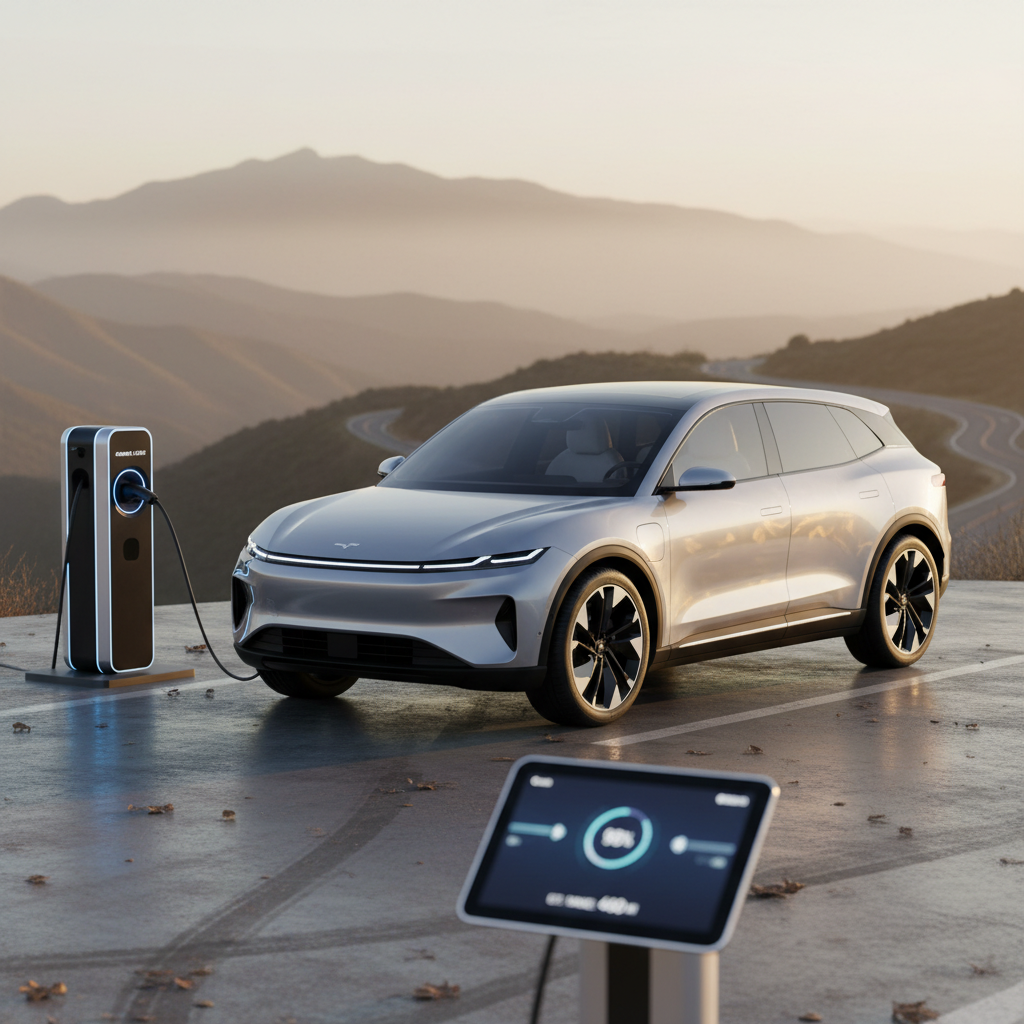If you’re hunting for a Chevrolet Bolt for sale, you’re looking at one of the most affordable, real‑world usable electric cars on the market. The Bolt EV and slightly larger Bolt EUV deliver 240+ miles of range, hatchback practicality, and used‑car pricing that undercuts most newer EVs by thousands of dollars. The key is knowing which years to target, how to evaluate battery health, and where to buy with confidence.
The Bolt is back
Why the Chevrolet Bolt is such a smart buy right now
Why used Chevy Bolts are hot
From a shopper’s point of view, the Bolt sits in a sweet spot. It’s cheap to buy used, cheap to run, and offers enough range that you don’t have to treat every drive like a science project. Compared with many newer EVs, the Bolt is also easy to park, sips electrons, and has a thriving owner community. On top of that, GM’s decision to bring the Bolt back for 2027 reassures many buyers that parts, software support, and service know‑how will remain available for years.

Quick specs: Chevy Bolt EV vs Bolt EUV
Chevy Bolt EV vs Bolt EUV at a glance
Both versions share the same basic powertrain but differ in size, range, and available features.
| Spec | Bolt EV | Bolt EUV |
|---|---|---|
| Body style | Compact hatchback | Slightly larger crossover‑style hatch |
| EPA combined range | Up to ~259 miles | Up to ~247 miles |
| Battery | 65 kWh lithium‑ion | 65 kWh lithium‑ion |
| Horsepower / Torque | ~200 hp / 266 lb‑ft | ~200 hp / 266 lb‑ft |
| 0–60 mph | ~6.5 seconds | ~7.0 seconds |
| DC fast‑charge peak | ~55 kW | ~55 kW |
| Super Cruise available | No | Yes (on select trims) |
| Rear legroom | Good | Noticeably more generous |
Specs shown are typical for 2022–2023 U.S. models.
Rule of thumb
Model years to know: 2017–2023 and the 2027 return
- 2017–2019 Bolt EV: First years of production. Solid cars, but all fall into the battery‑recall window, so you must verify recall status and battery replacement history.
- 2020 Bolt EV: Minor updates; still within the recall population, but many had packs replaced under warranty.
- 2022–2023 Bolt EV & Bolt EUV: Fresh styling, better seats and interior, available EUV body style, and strong range; these are the sweet‑spot used years for many buyers.
- 2024–2026: No new Bolt production; you’ll only find used inventory and off‑lease returns.
- 2027 Bolt (upcoming): Announced with an updated battery (including LFP chemistry), ~255‑mile range, improved charging speeds, and an interior with larger screens and Google built‑in. Expected in customer hands starting early 2026.
Don’t assume, verify
Pricing: what a Chevrolet Bolt for sale really costs used
Used EV pricing moves quickly, but by late 2025, the Bolt generally undercuts most other long‑range EVs. Exact prices depend on mileage, condition, trim, and battery history, but here’s what many shoppers will see when they start browsing listings.
Typical used Chevy Bolt price bands (late 2025, U.S.)
Ranges below are directional and will vary by region and vehicle condition.
2017–2018 Bolt EV
Ballpark: Often the least expensive Bolts on the market.
- Best deals, but all are in recall years
- Pay close attention to battery replacement history
- Higher‑mileage commuter cars are common
2019–2021 Bolt EV
Ballpark: Mid‑pack pricing with updated software and features.
- Often a good balance of age and price
- Plenty of off‑lease examples
- Some may still be under factory battery warranty
2022–2023 Bolt EV & EUV
Ballpark: Highest used prices but closest to new‑car feel.
- Improved interior and seats
- Sharper styling and more standard safety tech
- Bolt EUV tends to command a slight premium
How Recharged helps on price
Battery health and recalls: what you must check
With any used EV, the battery is the ballgame. The Chevrolet Bolt’s history makes this doubly true. Early cars were subject to a widely publicized recall for potential battery‑pack fire risk. GM’s remedy included pack replacements or extensive software updates and diagnostics. Done correctly, that can actually leave you with a newer pack than the car’s model year suggests, but it has to be documented.
Battery and recall due‑diligence checklist
1. Run the VIN for open recalls
Use the VIN to confirm whether any recall campaigns remain open. A seller should be willing to share the VIN before you visit the car.
2. Ask for battery replacement paperwork
If the pack was replaced, there should be service records noting the date and approximate mileage. This helps you understand how much of the 8‑year/100,000‑mile warranty remains.
3. Review recent service history
Look for software updates, high‑voltage system checks, and any repeated "reduced propulsion" or charging‑related complaints.
4. Inspect state‑of‑charge and range
On a full charge, does the indicated range look reasonable for the model year and your climate? A heavily degraded pack will often show obviously low estimates.
5. Take a long enough test drive
Drive in a mix of city and highway conditions. Make sure the car accelerates smoothly and that the range is dropping in a way that feels consistent with your route.
6. Get independent battery health data if possible
Tools that read the battery’s usable capacity or state of health give you a clearer picture than the dashboard alone.
Where Recharged fits in
Range, charging, and real‑world ownership
On paper, later Bolt EVs are rated up to about 259 miles of range and the Bolt EUV up to about 247 miles. In the real world, you’ll see more or less depending on temperature, speed, terrain, and how you drive. Owners often report around 3–4 miles per kWh in mixed driving, which lines up nicely with road‑trip reports and long‑term tests.
Daily charging at home
- Most owners install a Level 2 (240‑volt) charger at home.
- Expect roughly 25–30 miles of range added per hour on a typical 32–40‑amp setup.
- Overnight charging from 20% to 80–100% is easy, even on busy days.
- Electricity costs are usually far lower per mile than gasoline, especially on off‑peak rates.
Public Level 2 & DC fast charging
- The Bolt uses the CCS connector for DC fast charging and J1772 for Level 2.
- DC fast charging peaks around 50–55 kW on most public stations, respectable but not class‑leading.
- Think of the Bolt as a road‑trip capable car, not a dedicated cross‑country cannonballer.
- Many owners rely on fast charging mainly for occasional trips, not daily use.
Manage expectations on fast charging
How to shop for a used Chevy Bolt, step by step
Step‑by‑step used Chevrolet Bolt buying plan
1. Define your range and budget needs
Decide how many miles you realistically drive per day and how much you’re prepared to spend. That will tell you whether early, cheaper cars are enough or if you should target newer 2022–2023 models.
2. Choose between Bolt EV and Bolt EUV
If you’ll regularly carry adults in back or want available Super Cruise, the EUV is your starting point. If you want the most range per dollar and a smaller footprint, the EV is the better fit.
3. Shortlist cars with clean histories
Look for vehicles with no major accident history, documented maintenance, and clear recall status. A well‑documented battery story is worth paying for.
4. Compare total cost of ownership, not just price
Factor in home‑charging installation, electricity rates, possible tax credits or rebates on used EVs, and insurance. A slightly higher purchase price can still be the cheaper car over 5–7 years.
5. Do a thorough test drive and feature check
Confirm that driver‑assist systems, infotainment, heated seats, and DC fast charging all work as expected. Try plugging into a local public charger if the seller allows it.
6. Consider a specialist retailer
Buying from an EV‑focused marketplace like <strong>Recharged</strong> can simplify everything from battery health checks to financing, trade‑ins, and delivery.
Bolt EV vs Bolt EUV: which is better for you?
Bolt EV vs Bolt EUV: best fit by lifestyle
Both versions are excellent; the right choice depends on how you use your car.
Choose the Bolt EV if…
- You mostly drive solo or with one passenger.
- Parking ease and maneuverability in tight city spots matter.
- Maximum range for the money is your top priority.
- You’re fine without Super Cruise and don’t need extra rear legroom.
Choose the Bolt EUV if…
- You regularly carry adults or teens in the back seat.
- You want a more SUV‑like look and slightly higher seating position.
- Available Super Cruise hands‑free driving appeals to you.
- Giving up a little range for extra space is an acceptable trade‑off.
When you’re cross‑shopping a Bolt EV and EUV, you’re not deciding which is good and which is bad; you’re deciding which flavor of "good" fits your life better.
Why buy your used Chevy Bolt from Recharged
You can absolutely find a Chevrolet Bolt for sale on a general classifieds site or at a franchise dealer, but you’ll often be on your own to figure out battery health, fair pricing, and EV‑specific details. Recharged was built to make EV ownership simple and transparent, especially for first‑time EV buyers.
What Recharged adds to the equation
Designed around the realities of buying a used EV, not just any used car.
Verified battery health
Fair, transparent pricing
Financing, trade‑in & delivery
From search to driveway
Chevrolet Bolt for sale: FAQs
Frequently asked questions about buying a Chevy Bolt
Bottom line on shopping for a Chevy Bolt
If you’re scanning the market for a Chevrolet Bolt for sale, you’re looking at one of the most rational EV purchases you can make. It’s efficient, easy to live with, and, on the used market, often priced like a conventional compact while delivering a thoroughly modern driving experience. Focus on the fundamentals, battery health, recall history, and how the EV fits your daily routine, and you’ll be far ahead of the average shopper. And if you’d like expert help from people who live and breathe electric vehicles, browsing Bolts on Recharged is a smart place to start.



